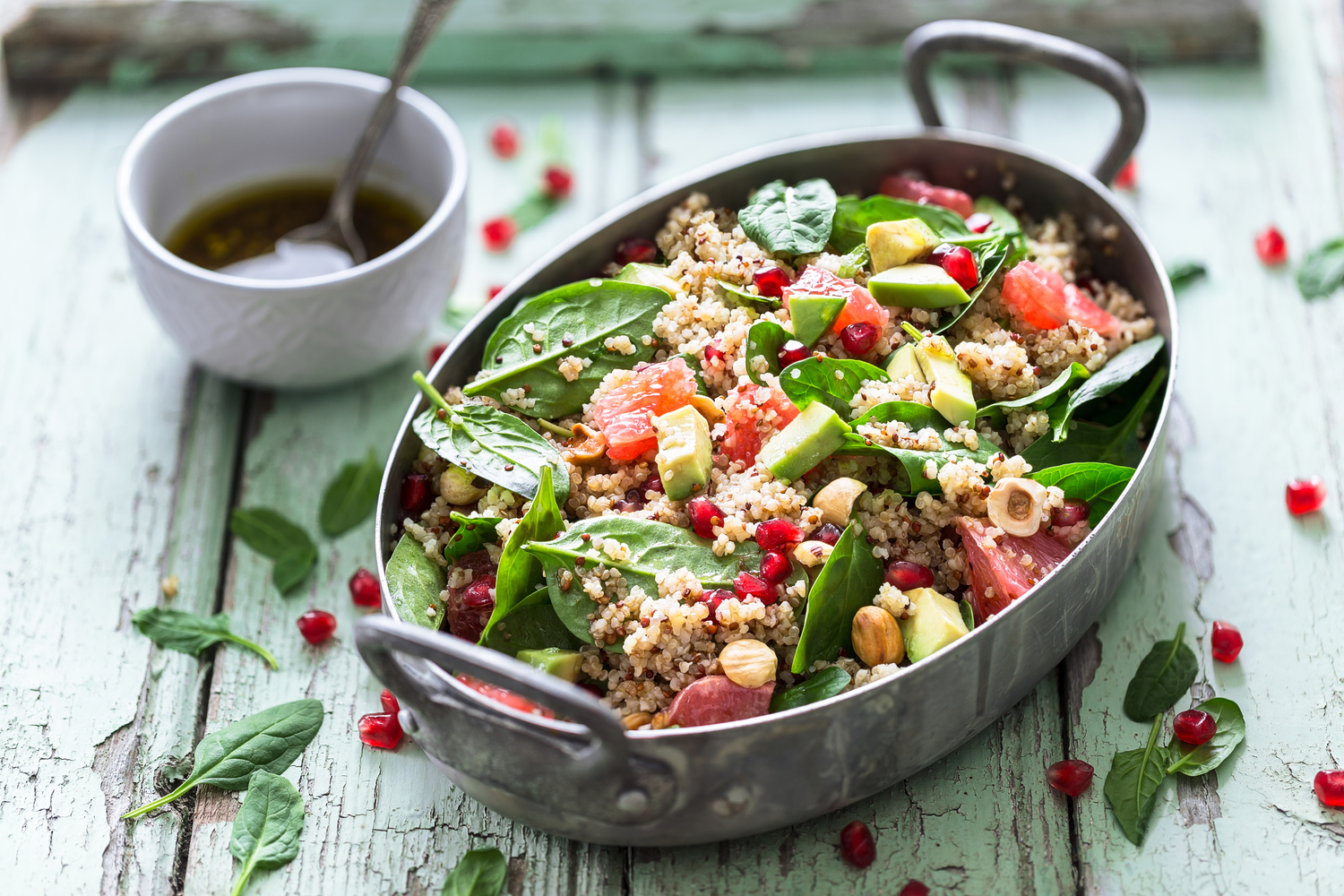
Foods to Help Manage Bipolar Depression
It is critical for someone suffering from bipolar depression to make sure that the food they eat helps in treatment and managing the symptoms to a tolerable level. Herein, we provide a few diet tips for managing bipolar depression by listing out the various foods that can be safely consumed. The best diet tips for managing bipolar depression would include a list of foods that are good to eat. Following are the foods that one who is suffering from bipolar depression can eat to manage symptoms better.
1. Omega-3 fatty acids
Omega-3 fatty acids are found in fatty fish like tuna, salmon, mackerel, and herring. They are also found in flaxseed, chia seeds, eggs, and walnuts. They are good for the brain as well as for the heart. Studies have shown that they can help control the symptoms of depression. It has been found that low levels of Omega-3 can lead to depression. This is why fatty acids with Omega-3 must be a part of the diet for those having bipolar depression.
2. Selenium
Selenium is a mineral that is good for the brain. It can help in managing the mood of a person and is particularly useful for those with bipolar depression. Studies have shown that a lack of selenium can lead to depression and anxiety. It is recommended to include at least 55 micrograms of selenium in the diet daily. Some of the food sources of selenium are Brazil nuts, beef liver, tuna, sardines, ham, steak, and turkey.
3. Tryptophan
It is an amino acid that is considered good for those who suffer from depression. It helps the body to create a chemical called serotonin that helps to improve one’s mood. This is particularly useful for those having bipolar depression. Tryptophan is found in turkey, tofu, cheese, and eggs. Some studies have shown that it can help during episodes of manic depression.
4. Whole grains
Whole grains are well-known for its benefits for the heart. They are also good for the brain. Consumption of whole-grain foods can lead to the production of serotonin, which is a feel-good chemical that helps to improve mood. Whole grain bread, brown rice, oatmeal, quinoa, and barley can be included in the diet.
5. Probiotics
Probiotics are foods that contain good bacteria that help the body in many ways. They help in the process of digestion. They also keep bad bacteria in check and thus prevent infections. Studies have shown that these bacteria release serotonin that produces a calming effect. Probiotics are found in foods like yogurt, tempeh, kefir, miso, sourdough, and sauerkraut. Adding probiotic foods to your diet can be considered one of the best diet tips for managing the symptoms of bipolar depression.
6. Magnesium
It helps regulate the nervous system and improve the mood of a person undergoing depression. Studies have shown that it can help during manic episodes. Magnesium is found in nuts like almonds, cashews, and peanuts. It is also found in leafy green vegetables, Brussels sprouts, figs, bananas, raspberries, and avocado. Adding these foods to your diet will be certainly beneficial for treatment as well.
You can include these foods in your diet to help you manage the symptoms of bipolar depression. The diet tips for managing bipolar depression presented herein would have helped you understand the best foods to have.



